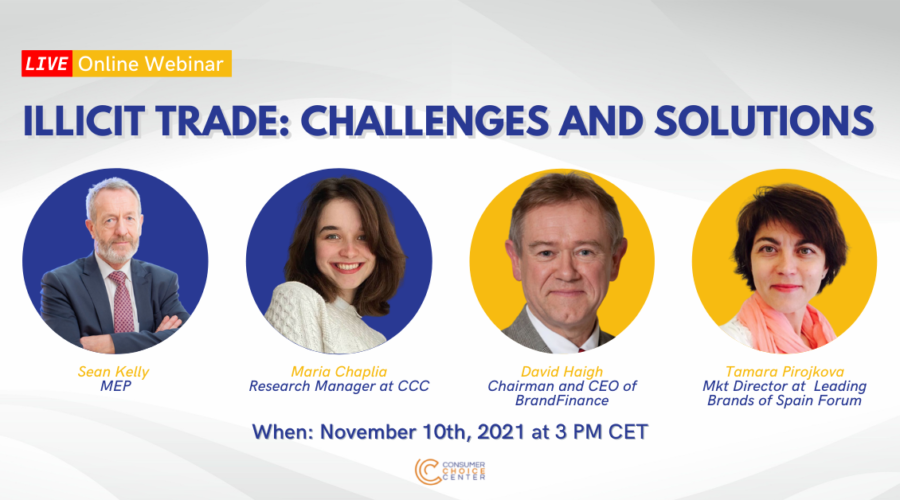6 Reasons Nicotine Is Not Your Enemy
This month’s Christmas festival has great news on public health. In countries that encouraged and accepted tobacco harm reduction policies, the number of smokers has dropped significantly.
In the UK, for example, smoking levels have dropped by 25% since 2013 (when e-cigarettes became popular). Over the past four years in Japan, cigarette sales have fallen by 34%, while sales of reduced-harm alternatives such as heat-not-burn tobacco surged to 30% in 2019.
This was achieved because people who usually look for nicotine do so in a harmless way.
But while these numbers are important wins for consumers, the entire army of nicotine’s unscientific scapegoats undermines their success. This approach has dire consequences: fewer people switch to less harmful alternatives such as vaping, nicotine pouches, or heat-not-burn tobacco devices.
In the Philippines, additional categories of harm reduction are being legalized, but still failing to achieve the widespread adoption required.
Read the full article here









